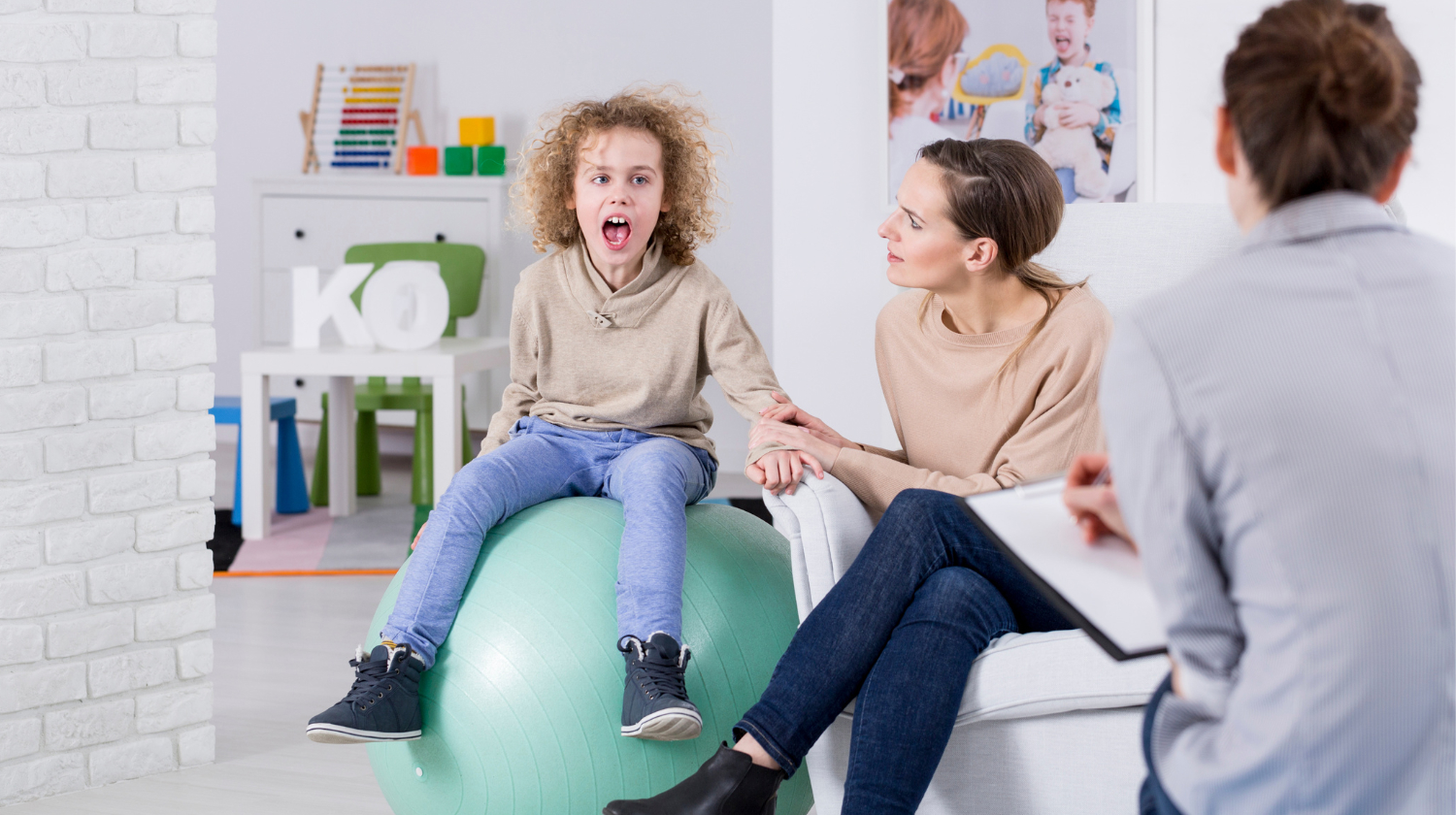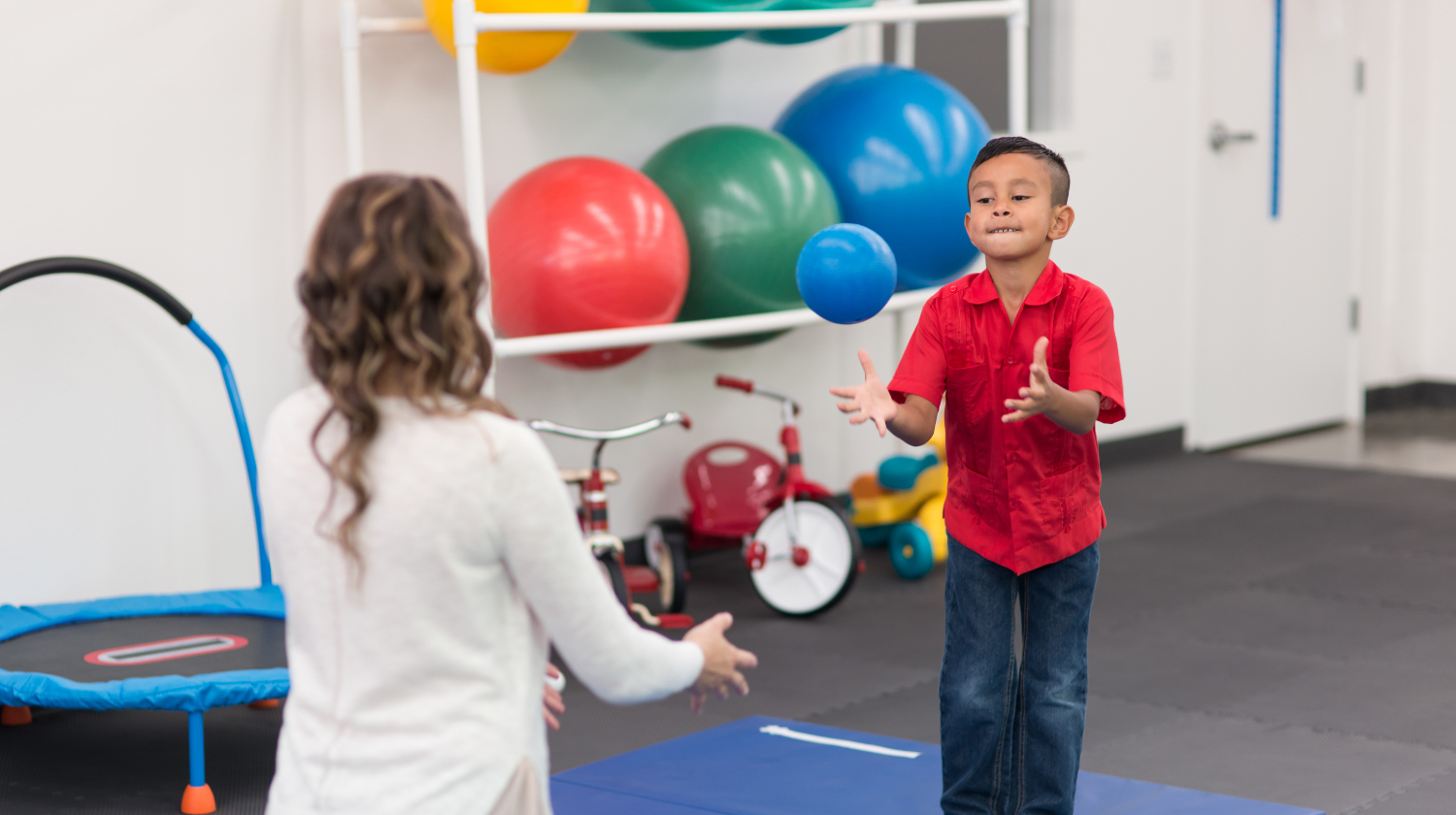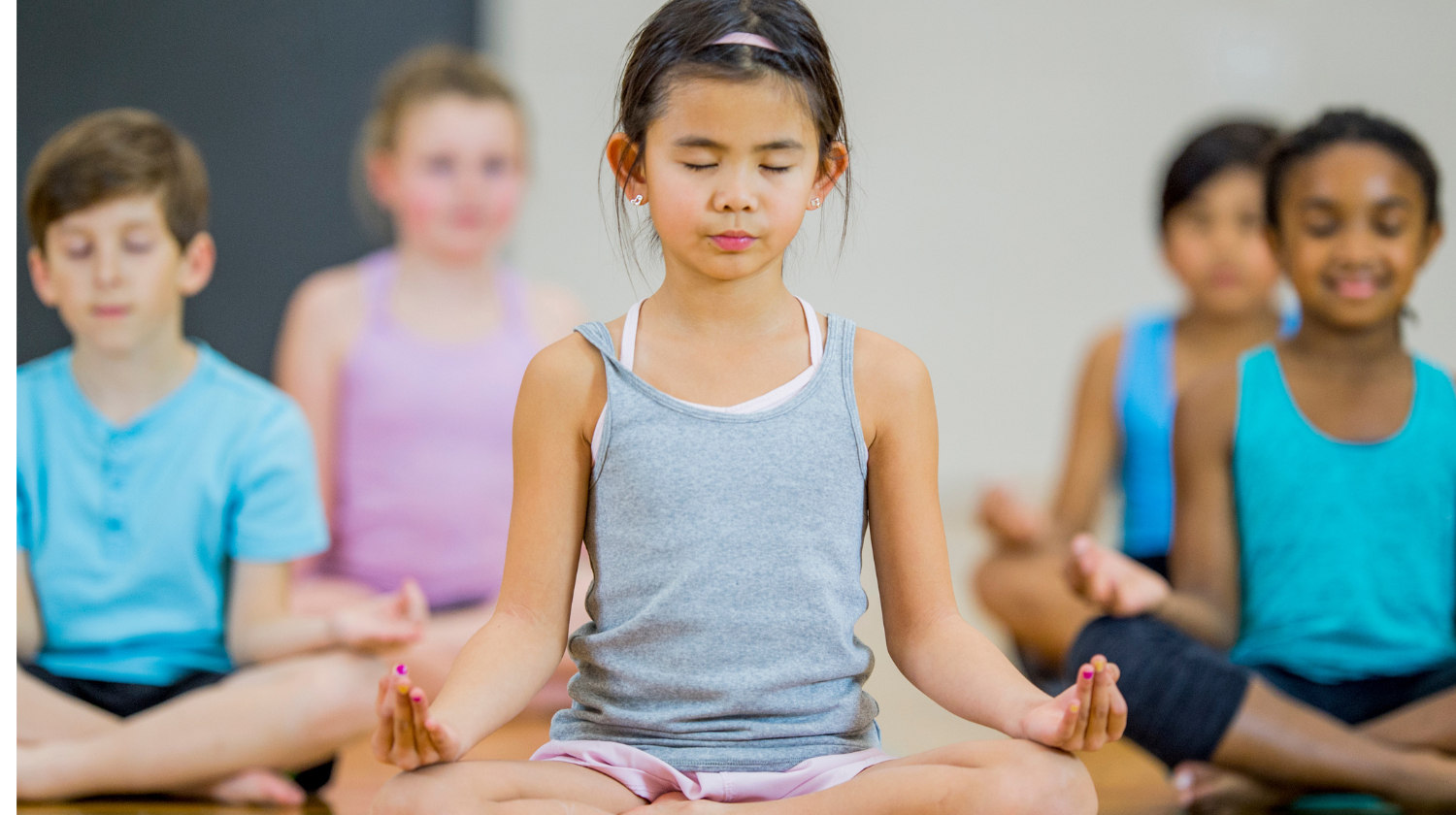 Expert's opinion
Expert's opinion
Expert's opinion
The article is a subjective view on this topic written by writers specializing in medical writing.
It may reflect on a personal journey surrounding struggles with an illness or medical condition, involve product comparisons, diet considerations, or other health-related opinions.
Although the view is entirely that of the writer, it is based on academic experiences and scientific research they have conducted; it is fact-checked by a team of degreed medical experts, and validated by sources attached to the article.
The numbers in parenthesis (1,2,3) will take you to clickable links to related scientific papers.
Natural Remedies For ADHD 2024: 8 Helpful Ways To Follow

Attention deficit hyperactivity disorder or ADHD is a neurodevelopmental disorder affecting around 6 million kids in the U.S.[1] ages 3-17 years old, an increase of 41%,[1] according to the Centers for Disease Control. A lack of focus on reading, hyperactivity, and impulsivity characterizes this condition.
While the primary method to treat ADHD is with medications, many parents and caretakers of these patients seek remedies for ADHD that are natural. A natural remedy is a therapy or routine that uses plants, minerals, or vitamins to alleviate health problems.
Examples of natural remedies for ADHD are herbal supplements, essential oils, dietary changes, exercise, and mindfulness practices.
This piece will highlight the top eight remedies that may improve brain function and life quality. Let’s get started.
8 ADHD Natural Treatments
Here are eight natural treatments for attention-deficit hyperactivity disorder or ADHD:
- Exercise.
- Mindfulness meditation.
- Dietary changes.
- Herbal remedies and supplements.
- Essential oils.
- Acupuncture.
- Yoga.
- Time in nature.
It’s important to note that while these natural treatments may help manage symptoms, they should not be used as a replacement for medication. It’s essential to discuss any changes to your ADHD management plan with a healthcare professional.
Benefits Of Using Natural Remedies For ADHD
First, the most crucial health benefit of using natural remedies for adults and children with ADHD is the potential avoidance of medications and their associated side effects. For example, one study reports[2] that simply adding a nutrient-rich breakfast with low caffeine can promote alertness and cognitive improvement.
Secondly, some alternative treatments, like exercise, are usually very low-cost compared to traditional ADHD medication, so from a financial point-of-view, that may also be a benefit. The other benefits of using natural treatments for ADHD are —
Minimal Side Effects
Natural remedies can help manage and alleviate ADHD symptoms without the side effects of stimulant medications. For instance, physical exercise can help control blood sugar,[3] reduce hyperactivity, and improve attention span.
A healthy diet, including natural supplements like magnesium[4] and omega-3 fatty acids,[5] may help improve cognitive function and impulse control.
Improving Quality Of Life
Alternative therapies can help reduce stress levels, improve sleep habits, and boost mental health. You may also be able to manage symptoms of ADHD in children, such as impulsivity, hyperactivity, focusing, and anxiety, using natural therapies. This implies that using natural remedies for ADHD may improve your child’s life.
Boosts Brain Function
To alleviate ADHD symptoms, boosting brain function is crucial. Nutritional supplements[6] and a neuroprotective diet can support healthy nervous system function and cognitive abilities. Supplements of magnesium, zinc, iron,[6] and polyunsaturated fatty acids have shown promise as remedies for ADHD.
A systematic review suggests that natural remedies with other treatments like behavioral therapy can significantly improve ADHD symptoms.[7] While more research is needed, natural remedies offer a safe way of improving your life’s quality.
8 Useful Natural Remedies For ADHD
Here are the eight most helpful natural remedies for ADHD. Please note that in this selection, we have selective natural remedies for children with ADHD and those that better-fit adults.
Physical Exercise

Research suggests that regular physical activity can increase the production of neurotransmitters[8] like dopamine and norepinephrine, improving mood, energy levels, cognition,[9] attention, and focus in individuals with ADHD.
Exercise can also help reduce stress and anxiety.[10] This natural remedy is both child and adult-patient-friendly. It’s cost-effective, has minimal side effects, and is easily incorporated into your daily routine.
Mindfulness Meditation

Mindfulness practices like meditation can reduce stress levels, improving attention[11] and cognitive function in adult ADHD patients.
Meditation can also help you develop greater self-awareness[12] and impulse control. This might seem like an adult ADHD remedy, but with professional help, your child might reap meditation benefits for ADHD.
Dietary Changes

Processed foods and artificial food colors worsen ADHD symptoms by affecting blood sugar, causing brain inflammation and increased hyperactivity.[13] Foods high in sugar and refined carbohydrates can cause blood sugar spikes and crashes, leading to mood swings and fatigue.
Artificial food dyes, like those found in many candies and snacks, may increase hyperactivity in some children with ADHD.
That said, it is vital for you, as a caregiver of an individual with ADHD, to help them maintain a healthy diet rich in whole foods, fruits, vegetables, lean protein, nootropics like salmon, and healthy fats.
Herbal Remedies And Supplements

To alleviate ADHD symptoms naturally, consider using herbs like ginkgo biloba, bacopa monnieri, ginseng,[14] and ashwagandha. These herbs can help improve cognitive function, reduce anxiety and stress, and improve sleep quality, providing benefits for those with ADHD.
Ginkgo biloba[15] promotes cognitive function and memory. Bacopa monnieri[16] and ashwagandha[17] may also improve cognitive function and reduce anxiety. At the same time, melatonin, a hormone the body produces at night, can enhance sleep[18] quality, eliminating sleep disruption if you have ADHD.
Essential Oils

Similar to how essential oils relax your mind, they achieve the same for an ADHD patient. This natural product-derived treatment notably alleviates ADHD symptoms by promoting relaxation,[19] reducing anxiety, improving focus, and boosting mood.
The most commonly used essential oils for ADHD include rosemary, peppermint, and frankincense. Inhaling these oils can help calm the mind, reduce stress, and promote relaxation, thus helping reduce hyperactivity and impulsivity.
Acupuncture

Acupuncture is a traditional Chinese therapy that involves inserting thin needles into specific points on the body to improve energy flow. Studies suggest that acupuncture can help alleviate symptoms of ADHD[20] by regulating brain waves and reducing hyperactivity[21] disorders.
Acupuncture involves inserting needles into specific points on the body for 20-30 minutes while the patient relaxes. It is generally safe but essential to find a licensed practitioner experienced in treating ADHD patients.
Yoga

Yoga is a mind-body practice that you may use to alleviate ADHD symptoms by improving focus,[22] attention, and relaxation. The physical postures and breathing techniques of yoga can calm the nervous system[23] and reduce stress levels. Regular yoga may also increase self-awareness and mindfulness, helping adult ADHD patients better regulate emotions and behavior.
To incorporate yoga successfully, individuals can start with simple postures and gradually progress to more challenging ones.
Time In Nature

Time in nature[24] refers to spending time outdoors in natural environments like parks, forests, and gardens. Doing such activities for at least 30 minutes per day promotes relaxation and reduces stress, which may help alleviate ADHD symptoms.
Exposure to natural light giving vitamin D, has been proven to improve mood. Thus, sufficient vitamin D might reduce ADHD symptoms.[25]
When To Seek ADHD Medication
When ADHD symptoms significantly impact daily life and other treatments, such as behavioral therapies, aren’t effective, stimulant medication may be necessary.
ADHD drugs, such as stimulants, effectively relieve ADHD symptoms in children and adults. Nonetheless, it is essential to consult with a healthcare provider who can assess the individual’s symptoms and provide guidance on the best treatment options.
Risks & Precautions
While natural remedies can significantly improve ADHD symptoms, you should still consider these risks and precautions.
- Some natural remedies can interact with ADHD medication or cause side effects, so seeking professional advice is important.
- Only use treatments backed by reputable studies that positively respond to ADHD.
- Seek professional help for practices like acupuncture and yoga.
- Natural remedies may not be suitable for pregnant women, children, or individuals with certain health conditions.
- Discontinue use immediately if you notice increased ADHD symptoms.
- Natural remedies should not be a substitute for evidence-based treatments like behavioral therapy.
- Natural remedies should only be used as a complementary addition to a comprehensive treatment plan that is coordinated by a health professional.
Overall, with the guidance of a healthcare professional, natural remedies can be a safe and effective way to manage ADHD symptoms. Still, it is essential to exercise caution and do your research.
The Bottom Line
Natural remedies for ADHD can effectively manage symptoms and improve overall well-being. However, it’s important to remember that you should use natural remedies in conjunction with, not in place of, medical treatment and therapy.
The clinical trials on each natural remedy for ADHD are still in their infancy or need more affirmation from other randomized control trials. So please use each with your doctor’s input.
Consult with a healthcare professional before following any treatment strategies or supplement regimen. And maintain a healthy lifestyle by eating a well-balanced diet, exercising regularly, and getting enough sleep.
With combination therapy using natural remedies and traditional treatments, you may aid in managing symptoms and improving the quality of life of any ADHD patient.
+ 25 sources
Health Canal avoids using tertiary references. We have strict sourcing guidelines and rely on peer-reviewed studies, academic researches from medical associations and institutions. To ensure the accuracy of articles in Health Canal, you can read more about the editorial process here
- CDC (2022). Data and Statistics About ADHD. [online] Centers for Disease Control and Prevention. Available at: https://www.cdc.gov/ncbddd/adhd/data.html.
- Kennedy, D., Wightman, E., Forster, J., Khan, J., Haskell-Ramsay, C. and Jackson, P. (2017). Cognitive and Mood Effects of a Nutrient Enriched Breakfast Bar in Healthy Adults: A Randomised, Double-Blind, Placebo-Controlled, Parallel Groups Study. Nutrients, [online] 9(12), p.1332. doi:https://doi.org/10.3390/nu9121332.
- Kirwan, J.P., Sacks, J. and Nieuwoudt, S. (2017). The essential role of exercise in the management of type 2 diabetes. Cleveland Clinic Journal of Medicine, [online] 84(7 suppl 1), pp.S15–S21. doi:https://doi.org/10.3949/ccjm.84.s1.03.
- Al-Ghazali, K., Eltayeb, S., Musleh, A., Al-Abdi, T., Ganji, V. and Shi, Z. (2020). Serum Magnesium and Cognitive Function Among Qatari Adults. Frontiers in Aging Neuroscience, [online] 12. doi:https://doi.org/10.3389/fnagi.2020.00101.
- Dighriri, I.M., Alsubaie, A.M., Hakami, F.M., Hamithi, D.M., Alshekh, M.M., Khobrani, F.A., Dalak, F.E., Hakami, A.A., Alsueaadi, E.H., Alsaawi, L.S., Alshammari, S.F., Alqahtani, A.S., Alawi, I.A., Aljuaid, A.A. and Tawhari, M.Q. (2022). Effects of Omega-3 Polyunsaturated Fatty Acids on Brain Functions: A Systematic Review. Cureus. [online] doi:https://doi.org/10.7759/cureus.30091.
- Lange, K.W., Hauser, J., Lange, K.M., Makulska-Gertruda, E., Nakamura, Y., Reissmann, A., Sakaue, Y., Takano, T. and Takeuchi, Y. (2017). The Role of Nutritional Supplements in the Treatment of ADHD: What the Evidence Says. Current Psychiatry Reports, [online] 19(2). doi:https://doi.org/10.1007/s11920-017-0762-1.
- Catalá-López, F., Hutton, B., Núñez-Beltrán, A., Page, M.J., Ridao, M., Macías Saint-Gerons, D., Catalá, M.A., Tabarés-Seisdedos, R. and Moher, D. (2017). The pharmacological and non-pharmacological treatment of attention deficit hyperactivity disorder in children and adolescents: A systematic review with network meta-analyses of randomised trials. PLOS ONE, [online] 12(7), p.e0180355. doi:https://doi.org/10.1371/journal.pone.0180355.
- Lin, T.-W. and Kuo, Y.-M. (2013). Exercise Benefits Brain Function: The Monoamine Connection. Brain Sciences, [online] 3(4), pp.39–53. doi:https://doi.org/10.3390/brainsci3010039.
- Mehren, A., Reichert, M., Coghill, D., Müller, H.H.O., Braun, N. and Philipsen, A. (2020). Physical exercise in attention deficit hyperactivity disorder – evidence and implications for the treatment of borderline personality disorder. Borderline Personality Disorder and Emotion Dysregulation, [online] 7(1). doi:https://doi.org/10.1186/s40479-019-0115-2.
- Zang, Y. (2019). Impact of physical exercise on children with attention deficit hyperactivity disorders. Medicine, [online] 98(46), p.e17980. doi:https://doi.org/10.1097/md.0000000000017980.
- Modesto-Lowe, V. (2015). Does mindfulness meditation improve attention in attention deficit hyperactivity disorder? World Journal of Psychiatry, [online] 5(4), p.397. doi:https://doi.org/10.5498/wjp.v5.i4.397.
- Mitchell, J.T., Zylowska, L. and Kollins, S.H. (2015). Mindfulness Meditation Training for Attention-Deficit/Hyperactivity Disorder in Adulthood: Current Empirical Support, Treatment Overview, and Future Directions. Cognitive and Behavioral Practice, [online] 22(2), pp.172–191. doi:https://doi.org/10.1016/j.cbpra.2014.10.002.
- Akin, S. (2021). Processed Meat Products and Snacks Consumption in ADHD: A case-control study. Northern Clinics of Istanbul. [online] doi:https://doi.org/10.14744/nci.2021.64497.
- Lee, J., Lee, A., Kim, J.-H., Shin, Y.M., Kim, S.-J., Cho, W.D. and Lee, S.I. (2020). Effect of Omega-3 and Korean Red Ginseng on Children with Attention Deficit Hyperactivity Disorder: An Open-Label Pilot Study. Clinical Psychopharmacology and Neuroscience, [online] 18(1), pp.75–80. doi:https://doi.org/10.9758/cpn.2020.18.1.75.
- Shakibaei, F., Radmanesh, M., Salari, E. and Mahaki, B. (2015). Ginkgo biloba in the treatment of attention-deficit/hyperactivity disorder in children and adolescents. A randomized, placebo-controlled, trial. Complementary Therapies in Clinical Practice, [online] 21(2), pp.61–67. doi:https://doi.org/10.1016/j.ctcp.2015.04.001.
- Kean, J., Kaufman, J., Lomas, J., Goh, A., White, D., Simpson, D., Scholey, A., Singh, H., Sarris, J., Zangara, A. and Stough, C. (2015). A Randomized Controlled Trial Investigating the Effects of a Special Extract of Bacopa monnieri (CDRI 08) on Hyperactivity and Inattention in Male Children and Adolescents: BACHI Study Protocol (ANZCTRN12612000827831). Nutrients, [online] 7(12), pp.9931–9945. doi:https://doi.org/10.3390/nu7125507.
- Speers, A.B., Cabey, K.A., Soumyanath, A. and Wright, K.M. (2021). Effects of Withania somnifera (Ashwagandha) on Stress and the Stress- Related Neuropsychiatric Disorders Anxiety, Depression, and Insomnia. Current Neuropharmacology, [online] 19(9), pp.1468–1495. doi:https://doi.org/10.2174/1570159×19666210712151556.
- Masi, G., Fantozzi, P., Villafranca, A., Tacchi, A., Ricci, F., Ruglioni, L., Inguaggiato, E., Pfanner, C. and Cortese, S. (2019). Effects of melatonin in children with attention-deficit/hyperactivity disorder with sleep disorders after methylphenidate treatment. Neuropsychiatric Disease and Treatment, [online] Volume 15, pp.663–667. doi:https://doi.org/10.2147/ndt.s193891.
- Fung, T.K.H., Lau, B.W.M., Ngai, S.P.C. and Tsang, H.W.H. (2021). Therapeutic Effect and Mechanisms of Essential Oils in Mood Disorders: Interaction between the Nervous and Respiratory Systems. International Journal of Molecular Sciences, [online] 22(9), p.4844. doi:https://doi.org/10.3390/ijms22094844.
- Chen, Y.-C., Wu, L.-K., Lee, M.-S. and Kung, Y.-L. (2021). The Efficacy of Acupuncture Treatment for Attention Deficit Hyperactivity Disorder: A Systematic Review and Meta-Analysis. Complementary Medicine Research, [online] 28(4), pp.357–367. doi:https://doi.org/10.1159/000513655.
- Ang, L., Kim, J.T., Kim, K., Lee, H.W., Choi, J.-Y., Kim, E. and Lee, M.S. (2023). Acupuncture for Treating Attention Deficit Hyperactivity Disorder in Children: A Systematic Review and Meta-Analysis. Medicina, [online] 59(2), p.392. doi:https://doi.org/10.3390/medicina59020392.
- Chou, C.-C. and Huang, C.-J. (2017). Effects of an 8-week yoga program on sustained attention and discrimination function in children with attention deficit hyperactivity disorder. PeerJ, [online] 5, p.e2883. doi:https://doi.org/10.7717/peerj.2883.
- Gunaseelan, L., Vanama, M.S., Abdi, F., Qureshi, A., Siddiqua, A. and Hamid, M.A. (2021). Yoga for the Management of Attention-Deficit/Hyperactivity Disorder. Cureus. [online] doi:https://doi.org/10.7759/cureus.20466.
- CHADD. (2023). Green Time for ADHD – CHADD. [online] Available at: https://chadd.org/adhd-news/adhd-news-caregivers/green-time-for-adhd/#:~:text=The%20children%20who%20participated%20in,reduction%20in%20their%20ADHD%20symptoms.
- Khoshbakht, Y., Bidaki, R. and Salehi-Abargouei, A. (2018). Vitamin D Status and Attention Deficit Hyperactivity Disorder: A Systematic Review and Meta-Analysis of Observational Studies. Advances in Nutrition, [online] 9(1), pp.9–20. doi:https://doi.org/10.1093/advances/nmx002.



